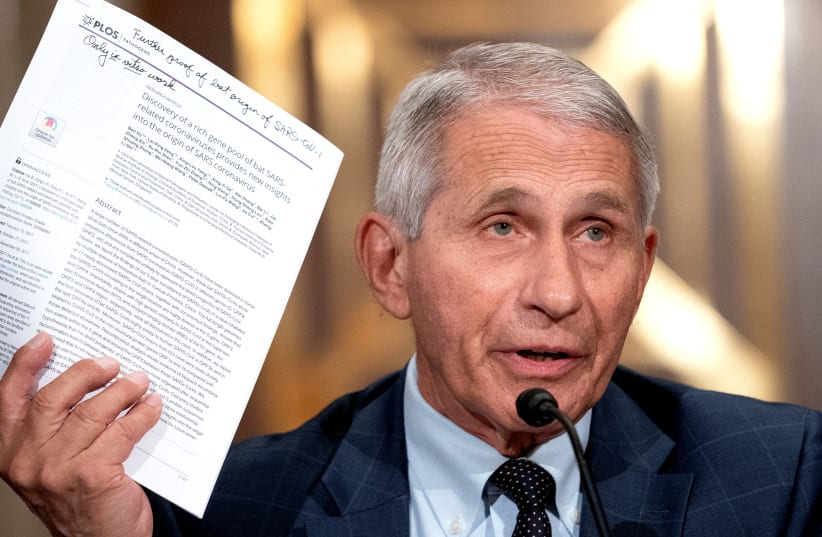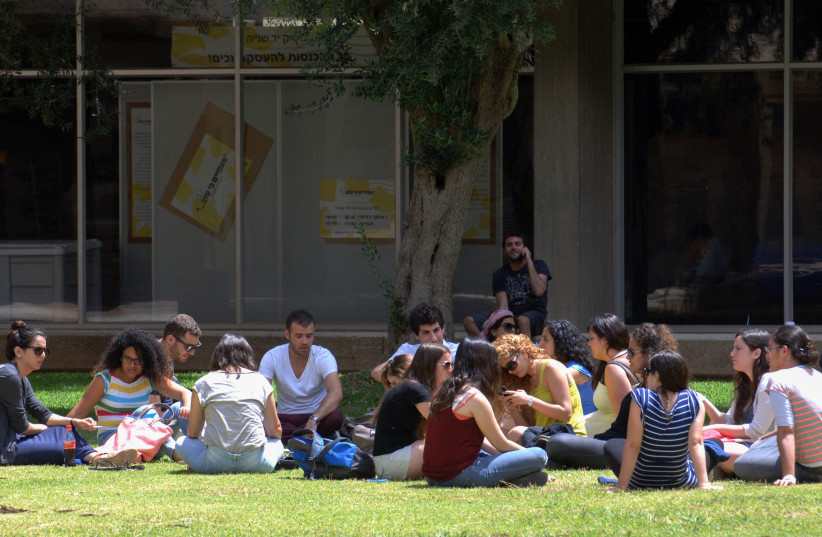Chief Medical Advisor to the US President Dr. Anthony Fauci praised Ben-Gurion University of the Negev Prof. Tomer Hertz and his research team for their efforts in detecting early variants of the novel coronavirus.
In a letter sent on Sunday, Fauci said he appreciated “the critical contributions [Hertz’s] team has made during the ongoing COVID-19 pandemic.”
“Your research has been incredibly important to the fast-paced pandemic response and has supported public health efforts around the world. You are a leading example for both the infectious disease and broader biomedical research communities, and I am grateful for your unwavering commitment to global public health,” Fauci wrote, and thanked each member of the team.
Hertz responded, “We have been generating monthly rankings of SARS-CoV-2 variants based on predictions of their escape from antibodies for the group for the last eight months. My students and I have been part of the early detection group that analyzes the viral sequence data.”
Hertz and his students are part of the SARS-CoV-2 Assessment of Viral Evolution (SAVE) program at the US National Institutes of Health. The professor recently co-authored a paper that was published in the journal Nature in March that studied the risk of COVID variants on immune protection.
The research also detailed the SAVE program’s collaborative approach to identifying and curating data about any possible emerging variants. The SAVE method is considered a template for quick responses against rapidly evolving pathogens and can be used to fight any future health pandemics.

